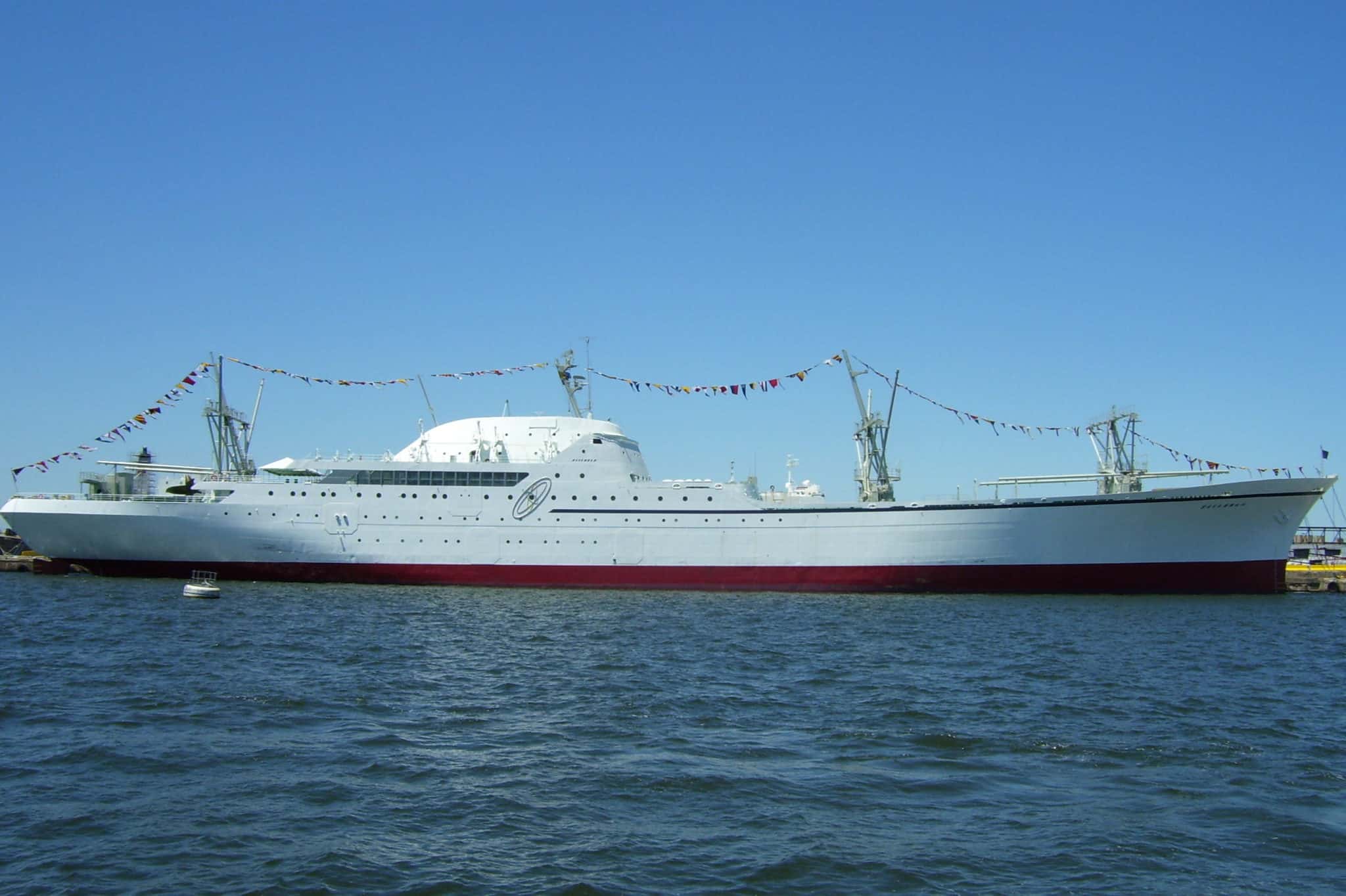In the news: July 1995
U. S. House votes against Yucca Mountain
(May 18, 1995) The House of Representatives voted to stop funding the permanent spent fuel repository currently planned for Yucca Mountain, Nevada. The budget for the site would reach zero in 1997 according to the House plan. It left open the possibility of using the Nevada Test site as a temporary storage site for temporary storage of spent nuclear fuel.
Maine Yankee to be repaired
(May 24, 1995) The directors of the Maine Yankee nuclear power station have approved a $40 million plan to repair cracked steam generator U-tubes. The tubes will be “sleeved” a process that involves inserting smaller tubes into the existing tubes.
Egypt welcomes private nuclear investors
(May 29, 1995) Egyptian President Hosni Mubarak stated that his government would welcome privately funded nuclear projects to supply the national grid. He stated that his government had no intention of becoming involved in a nuclear project as an investor or owner because of the capital required and the suspicion it might arouse about Egypt’s nuclear weapons intentions. Egypt had ambitious plans for nuclear power stations during the 1970s and 1980s but shelved them after oil prices fell sharply in 1985.
Department of the Interior transfers Ward Valley site
(May 31, 1995) Interior Secretary Bruce Babbitt approved the transfer of federal land in the Mojave Desert to the state of California. The land will become the Ward Valley low-level radioactive waste storage site. The decision was announced three weeks after the National Academy of Sciences issued a report calling the risk of environmental damage from the site “highly unlikely.”
Czech engineering group offers expertise
(May 29, 1995) Skoda, a Czech company that installed 24 Soviet -designed VVER light-water reactors between 1980 and 1993, has announced its interest in providing reactors to North Korea. “We would be competitors to the South Korean solution, because North Korea will probably not accept the South Korean solution,” said chief executive Lubomir Soudek.

